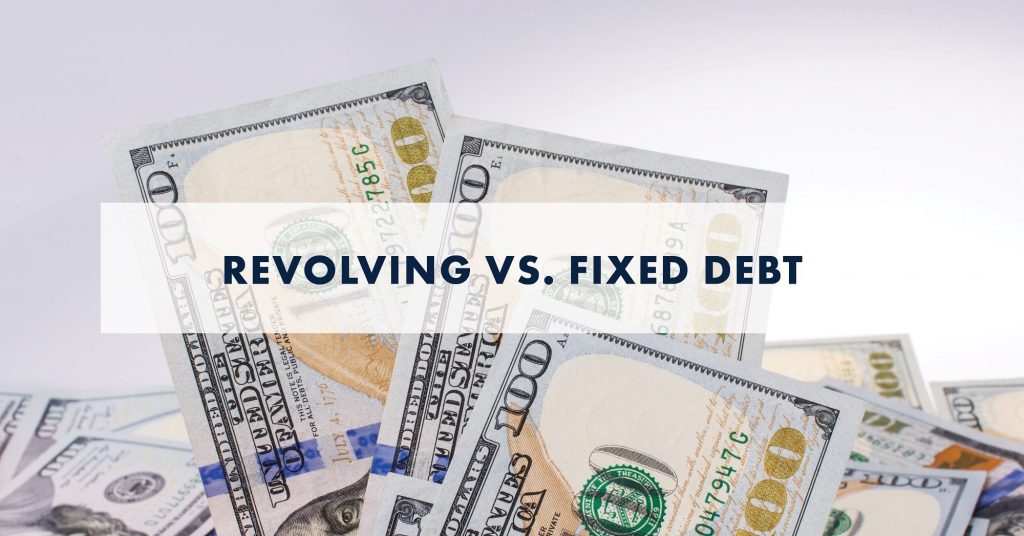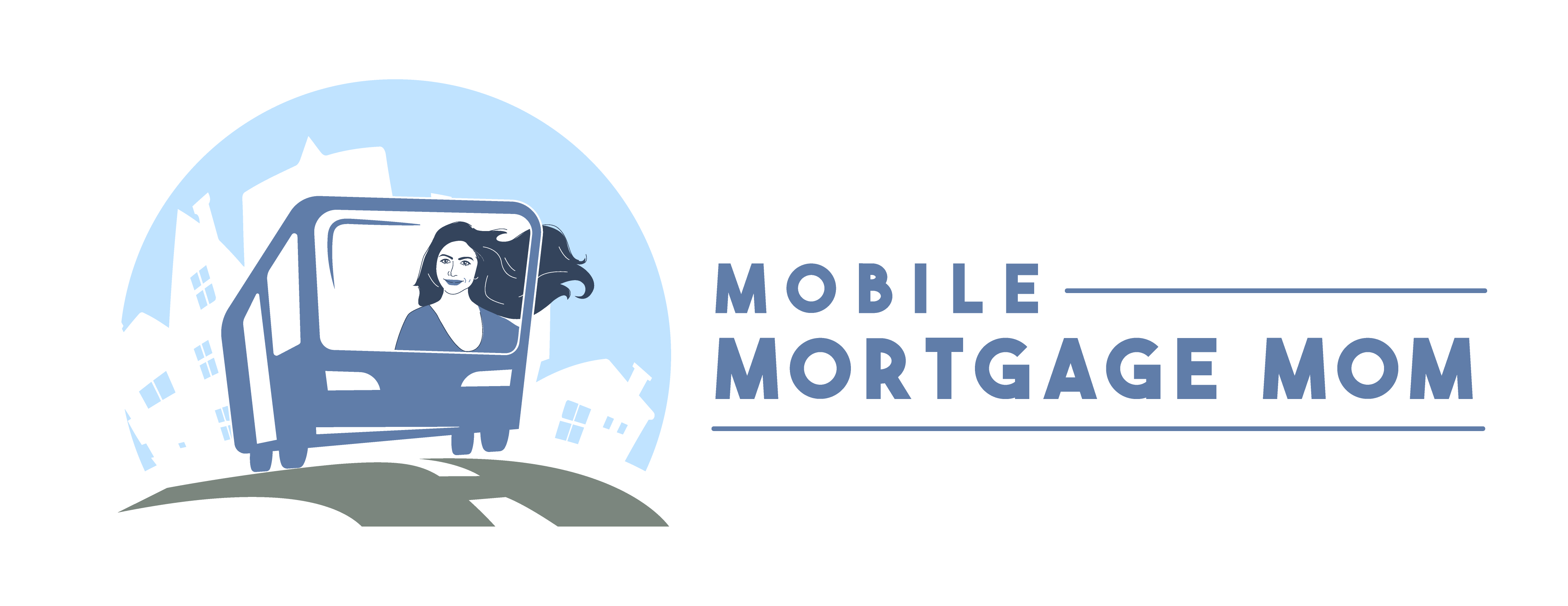
Just about everyone has debt of some sort. Debt doesn’t just affect how much money you have left at the end of the month, it also influences your credit score when you’re ready to buy a home. To learn how your outstanding balances play a role in your score, it’s important to know what revolving and fixed debt is.
What is Revolving Debt?
Revolving debt is when the amount you owe can vary depending on how much money you borrow. This type of debt is also special because you don’t have to pay off the full balance each month; you can pay a portion of your bill, just as long as you make the minimum payment. It goes hand in hand with revolving credit, which means you have a line of credit you can access without going through an application process each time you borrow money. The interest rates for revolving credit accounts tend to be high (in the double digits), as there’s usually nothing to serve as collateral if you default. If you use a credit card, then you’re already familiar with revolving debt. The balance on home equity line of credit (HELOC) can also be considered revolving debt if you’re still in your draw period.
What is Fixed Debt?
Fixed debt is the opposite of revolving debt, since the amount you owe each month changes very little, if at all. Fixed debt is associated with installment credit, where you’re borrowing a set amount of money and paying it off using a repayment plan. Once you’ve been approved for the loan amount, you can’t keep borrowing money unless you apply for another loan or restructure your existing one. There’s a certain time frame where you must pay back the funds. Interest rates for installment loans are usually lower because there’s collateral to back the loan. Common examples of fixed debt include mortgages, car loans, student loans, and personal loans.
Effect on Credit Score
Revolving debt and fixed debt differ in how they’re structured, and they impact your credit score slightly differently. Most mortgage lenders use the FICO credit score model, and it is calculated using five key factors: credit utilization (35%), payment history (30%), credit history (15%), new credit inquiries (10%), and credit mix (10%). Note that credit utilization and payment history together account for over half of your score—it’s nothing to sneeze at!
Fixed debt has a larger effect on your payment history. Even if you have a high balance on your loan, it will have a minimal effect on the credit utilization aspect of your score. Staying on top of payments will help any installment debts from bringing down your credit. On the other hand, revolving debt primarily affects both your credit usage and payment history. If you’re using a high percentage of your available credit or not making timely payments, it can cause your credit to take a hit. It’s recommended to keep your credit utilization ratio under 30% to appear less risky. Credit card accounts are notorious score damagers, so it’s important to keep them in check.
Understanding how these types of debt can affect your credit score can allow you to be more strategic to raise your score (and reduce your debt.) Consistently having good credit habits will improve your credit health in the long run. Not having a “perfect” credit score or being debt-free shouldn’t disqualify you from becoming a homeowner. A financial advisor can guide you through debt management, and a Loan Originator can work with you to find flexible options that fit your needs.
Disclaimer: I am not a credit repair company, financial advisor, or debt specialist. You should consult a financial advisor if you have any questions about your unique financial situation.
